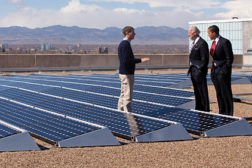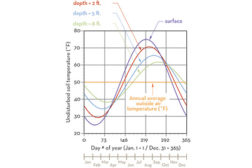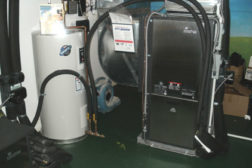Home » Geothermal Exchange Organization
Articles Tagged with ''Geothermal Exchange Organization''
45-day Extension Allows for Additional Input, Workshops
Read More
GEO Meets With Utility Officials
Group Discussed Incentives, Support for Geothermal Heat Pumps
August 19, 2013
GEO to Collect EIA Data on Geothermal Heat Pumps
DOE Has Not Collected Data on GHP Since 2009, Organization Says
June 24, 2013
Geothermal Exchange Organization Seeks Comments
Organization Seeks Review, Feedback on Draft Personnel Qualifications
June 10, 2013
GEO Asks House to Extend Tax Credit
GEO Seeks to Have Credits Extended Through 2020
April 29, 2013
$150M in Tax Credits Reallocated for Clean-Energy Manufacturers
Interested Parties Have Until April 9 to Submit Concept Papers
Read More
Energy Efficiency, Geothermal Heat Pumps, and ‘Negawatts’
The Lowest Cost Unit of Energy Is One That Is Not Used
Read More
Copyright ©2025. All Rights Reserved BNP Media.
Design, CMS, Hosting & Web Development :: ePublishing





